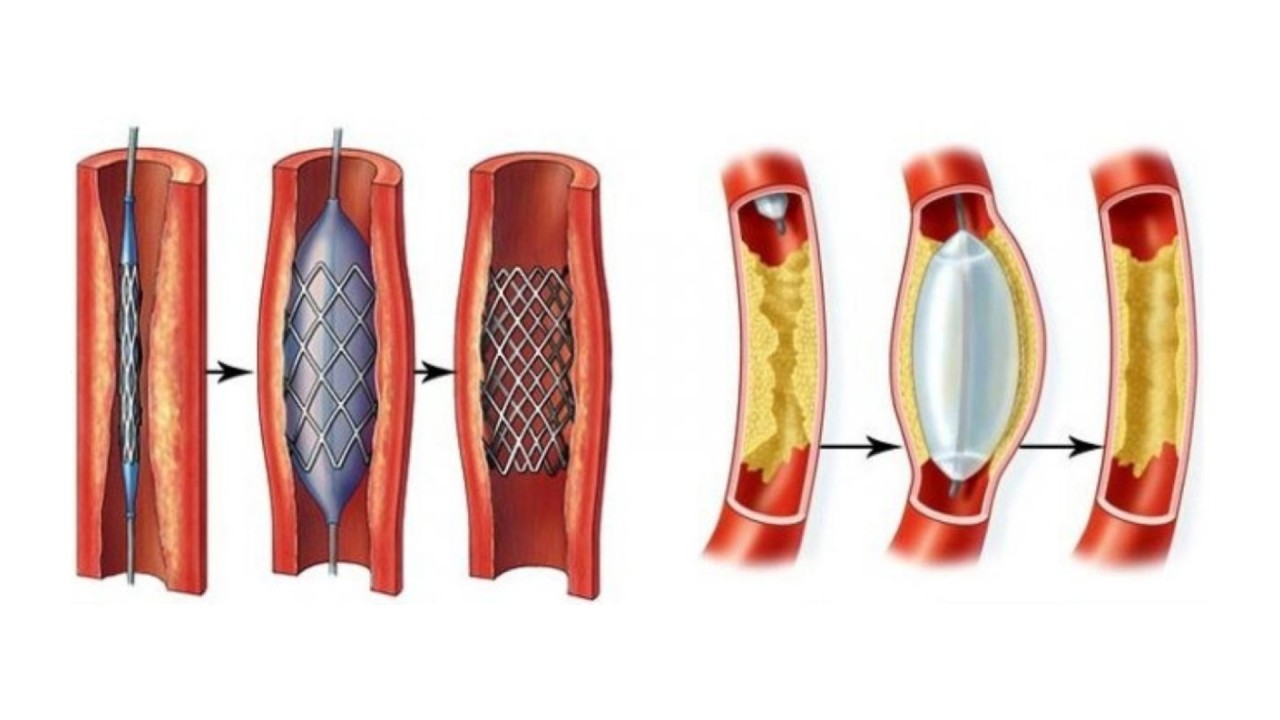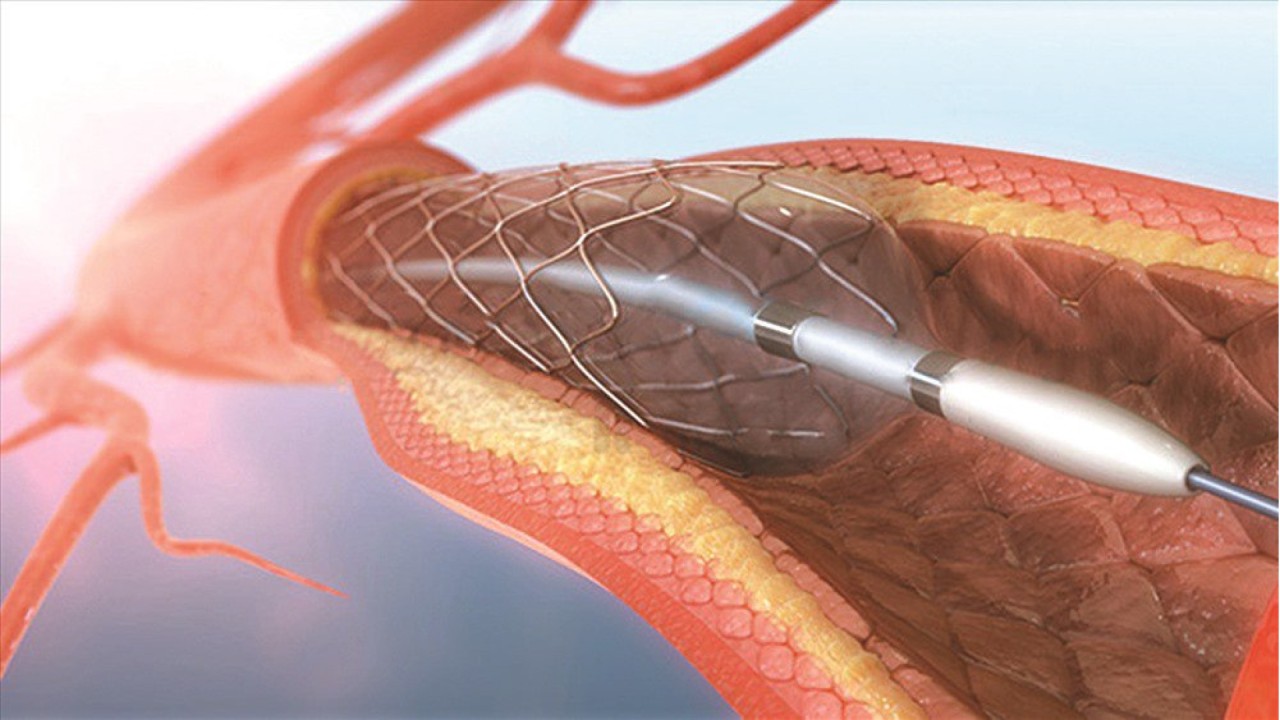Percutaneous Transluminal Coronary Angioplasty. Prof. Mustafa Bilge Erdogan. ISU Liv Hospital Bahcesehir
👨⚕️ Doctor consultation
🩸 Blood tests, cardiogram and other tests to assess general health condition
🩺 Heart surgery procedure
🏥 Hospitalization - 1-2 nights with special nutrition
🛏 Accommodation for one accompanying person in the patient's room
💊 Necessary medications after surgery
🗣 Professional medical interpreter support at all stages
🚘 VIP transfer (airport - hotel - clinic - airport)
☎️ 24/7 patient support
👩🏼💼 Consultation on rehabilitation and further action plan after examination
Every aspect of the facility reflects Istinye University’s academic approach and high standards of care. Equipped with state-of-the-art technological infrastructure
Percutaneous transluminal coronary angioplasty (PTCA) – balloon angioplasty
Balloon angioplasty: Restore your heart's health!
Are you suffering from angina or ischemic heart disease? Percutaneous Transluminal Coronary Angioplasty (PTCA), also known as balloon angioplasty, is a modern and effective procedure that can significantly improve your quality of life and restore your heart's health without the need for complex surgical operations.
Balloon angioplasty is a minimally invasive procedure used to widen narrowed or blocked coronary arteries. The procedure is performed through a small incision in the femoral artery or wrist, significantly reducing the risk of complications and speeding up recovery.
Indications for the procedure
Percutaneous angioplasty aims to widen vessels whose lumen has narrowed due to atherosclerosis – cholesterol deposits on the inner walls of the arteries. The procedure is prescribed for patients with:
- Severe angina, including variant angina
- A history of myocardial infarction
- Pre-infarction condition
- Proven ischemic heart disease
- Multiple coronary artery lesions
Why choose balloon angioplasty?
- Minimally invasive procedure: Balloon angioplasty is performed through a small incision, making it less traumatic compared to traditional surgery
- Quick recovery: Patients can return to normal life within a few days after the procedure, making balloon angioplasty an ideal choice for those who cannot afford a lengthy recovery
- High effectiveness: The procedure is conducted under the supervision of experienced cardiologists, ensuring high precision and safety
- Ideal for high-risk patients: Balloon angioplasty is particularly recommended for patients for whom traditional surgery is contraindicated due to age or concomitant diseases
Preparation and operation
Before the procedure, a thorough examination is conducted, including echocardiography, angiography, and other diagnostic methods. A catheter with a balloon is inserted through a small incision in the femoral artery or wrist. The balloon is inflated at the site of the narrowing, widening the artery and restoring normal blood flow.
After the procedure, the patient remains under medical observation and can then be discharged home for further recovery.
Don't delay your return to a full life! Contact us today to learn more about percutaneous transluminal coronary angioplasty (balloon angioplasty) and schedule a consultation. Your health is our top priority!
In addition to collaborating with leading clinics and experienced doctors, ALISA HEALTH GROUP uses Alisa AI to tailor healthcare facilities to perfectly match your individual needs and preferences. This significantly reduces your time, effort and costs, providing confidence that your health and appearance are entrusted to professionals.
In addition, we take care of all organizational issues — from paperwork and booking to coordinating all stages of the treatment process. This allows our clients to calmly focus on their new look and self-confidence. Our consultants are always ready to answer any of your questions and provide the necessary support, ensuring a comfortable and safe passage of the procedure.




